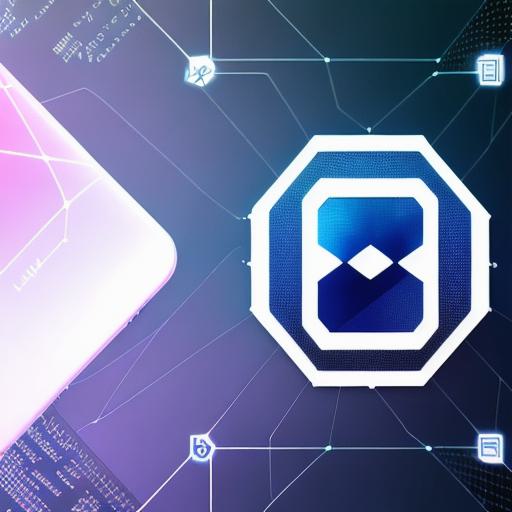Web3 technology has been gaining traction in recent years as a new way to build decentralized applications and revolutionize social impact. This technology allows for secure, transparent, and tamper-proof transactions without relying on a central authority. In this article, we will explore how Web3 technology is changing the game and providing new opportunities for web3 developers to create positive social impact.
Introduction:
Web3 technology is the next evolution of the internet. It allows for decentralized applications (dApps) that are built on blockchain technology. These dApps can be used to create new forms of social interaction, such as peer-to-peer marketplaces and decentralized finance platforms. Web3 technology has the potential to revolutionize many industries, including healthcare, education, and finance.
The Benefits of Web3 Technology:
Web3 technology provides several benefits that make it ideal for creating positive social impact. These include:
- Decentralization: Web3 technology allows for decentralized applications that are not controlled by a single entity or organization. This means that the decisions made on these platforms are made collectively, and there is no central point of failure.
- Security: Web3 technology provides a high level of security due to its use of cryptography and consensus algorithms. Transactions on these platforms are secure, transparent, and tamper-proof.
- Transparency: Web3 technology provides full transparency of all transactions on the platform. This allows for greater accountability and trust among users.
- Accessibility: Web3 technology can be accessed by anyone with an internet connection, regardless of their location or financial status.
Real-Life Examples of Positive Social Impact using Web3 Technology:
There are already several examples of how Web3 technology is being used to create positive social impact. Here are a few:

- Decentralized Marketplaces: Platforms like Bitcart and OpenBazaar allow for peer-to-peer marketplaces that are decentralized and secure. These platforms provide a new way for people to buy and sell goods and services without relying on traditional intermediaries.
- Decentralized Finance (DeFi): DeFi platforms like Compound and Uniswap allow for decentralized lending, borrowing, and trading of cryptocurrencies. These platforms provide a new way for people to access financial services without relying on traditional financial institutions.
- Healthcare: Blockchain technology is being used in healthcare to improve patient outcomes and reduce costs. Platforms like MediLedger allow for secure and transparent tracking of medical records, while Patientory provides a decentralized platform for patients to manage their health data.
- Education: Web3 technology is being used in education to provide new forms of learning and verification. Platforms like uPort provide a decentralized platform for students to manage their academic records and certificates, while Blockcerts allow for secure and transparent verification of educational credentials.
Conclusion:
Web3 technology has the potential to revolutionize many industries and create new forms of positive social impact. Web3 developers have the opportunity to use this technology to build decentralized applications that provide new ways for people to interact, learn, and access financial services. As more people adopt Web3 technology, we can expect to see even greater possibilities for positive social impact in the future.
